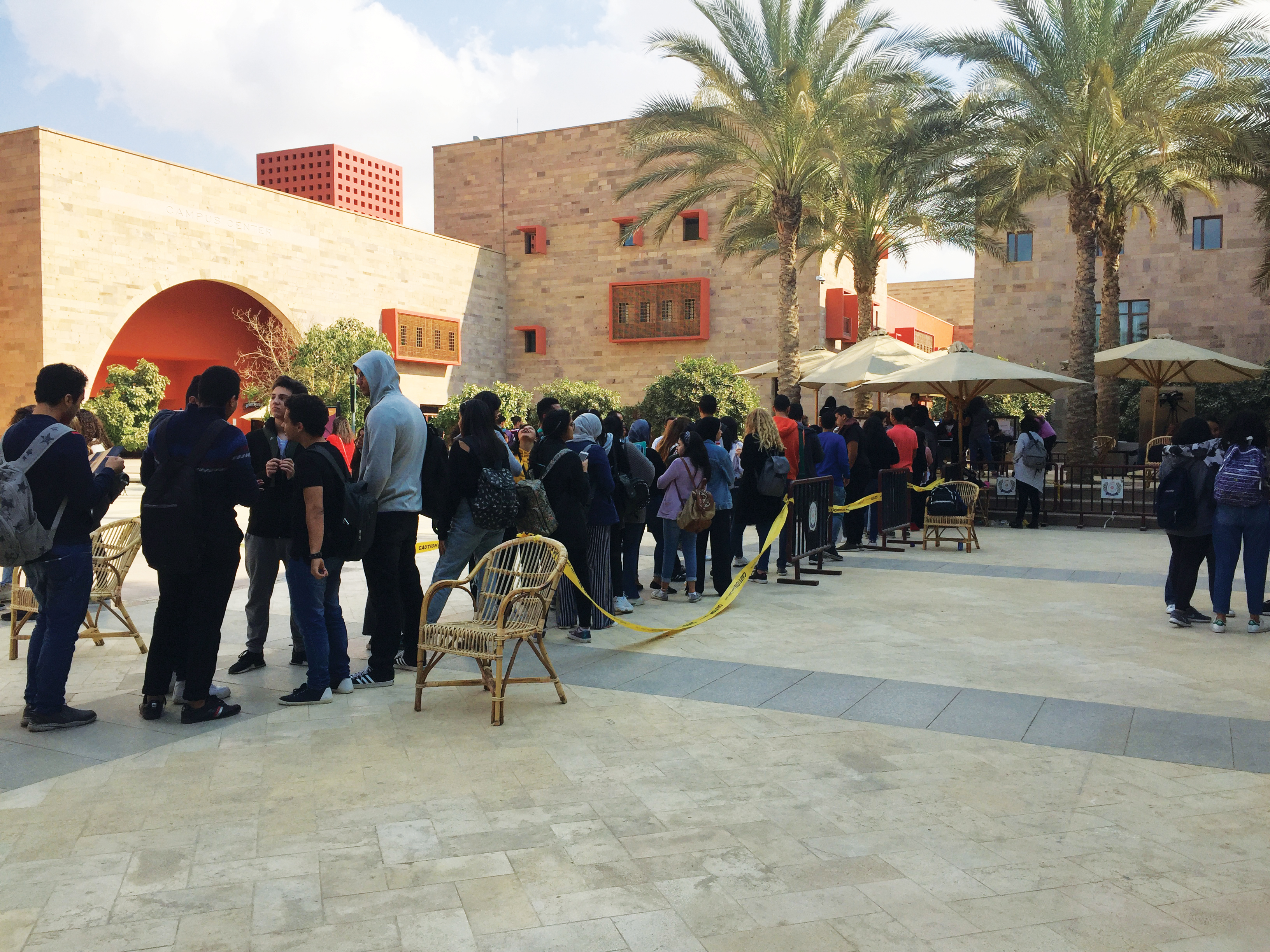President El-Sisi Delivers UN Speech Affirming Regional Stance, ‘Coexistence’ with Israel
By: Donia El Maghrabi
Follow @dunyaelmaghrabi
On September 19, President Abdel-Fattah El-Sisi delivered a speech to the United Nations General Assembly (UNGA), confirming Egypt’s commitment to the values of the UN, particularly as the world’s 7th-ranked state contributor to peacekeeping missions.
With the assertion that Egypt plays a pivotal role in the Middle East, El-Sisi spoke of the Syrian Crisis, the protection of “Libyan integrity” and the Palestinian cause.
El-Sisi then outlined some of the major issues challenging its stability, such as vicious civil wars, the refugee crisis and rampant underdevelopment and poverty.
In an effort to highlight the particular areas of deficiency in international cooperation, El-Sisi turned the conversation to the topic of regional threats and counter-terrorism, a common aspect of his speeches abroad.
He denounced the international community for their hypocrisy in allowing countries suspected of sponsoring terrorism to hinder its proliferation.
Many saw this as a thinly-veiled reference to Qatar.
“In all candidness, there is no room for any serious discussion on the credibility of any international system that applies double standards. A system that fights terrorism while tolerating its supporters, and simultaneously engaging them in the discussions on how to eliminate a threat they created in the first place,” El-Sisi said.
The President also contended that Egypt’s foreign policy will uphold the sanctity of the nation-state and will therefore seek out consensual political solutions in both Syria and Libya.
While aiming to establish local political rapport, Egypt will also sternly reject attempts to tamper with either country’s’ internal affairs.
“We reject any attempt to manipulate the tragedy in Syria to establish international or regional zones of influence, or to carry out the subversive policies of some regional parties, whose practices have caused great suffering to our region over the past few years,” El-Sisi added, again in reference to the role he often criticized Qatar for playing in the region.
It is crucial to note that the two countries have been a part of a regional feud, also involving the United Arab Emirates, Saudi Arabia and Bahrain, all of which cut diplomatic ties with Qatar in June.
The rhetoric used as a justification was the country’s alleged fostering of terrorism.
Negotiations to solve the crisis have often reached a stalemate, leading to the unraveling of new alliances in the region on either side of the issue.
“The case with Qatar is a zero-sum game and Egypt still cannot meet them midway, this is especially true considering the fact that the United States is supportive of Qatar which owns a U.S. military base,” said Noha Bakr, adjunct faculty at AUC’s department of Political Science.
El-Sisi transitioned to discuss the long-standing Palestinian- Israeli conflict, where he deemed peace as another viable method to combat terrorism.
He addressed the Palestinian people, calling on them to unite and ‘coexist’ with the Israeli other.
He also recalled the 1979 Egyptian-Israeli peace treaty, perceiving it as an “excellent experience of peace” that could be replicated by Israel’s leadership.
The President eventually called for the establishment of a sovereign Palestinian state along the 1967 borders with East Jerusalem as its capital, as a part of the two-state solution often championed by the Egyptian government.
The speech took an economic turn where El-Sisi dissected the widening economic inequality between the developing and the developed world and preached the importance of increasing the former’s involvement in issues of global economic governance.
He also called for easier access to finances that facilitate economic growth.
El-Sisi has since then engaged in bilateral talks with Trump, discussing the Middle East peace process extensively, paying particular attention to Cairo’s meeting with Hamas earlier this month.




